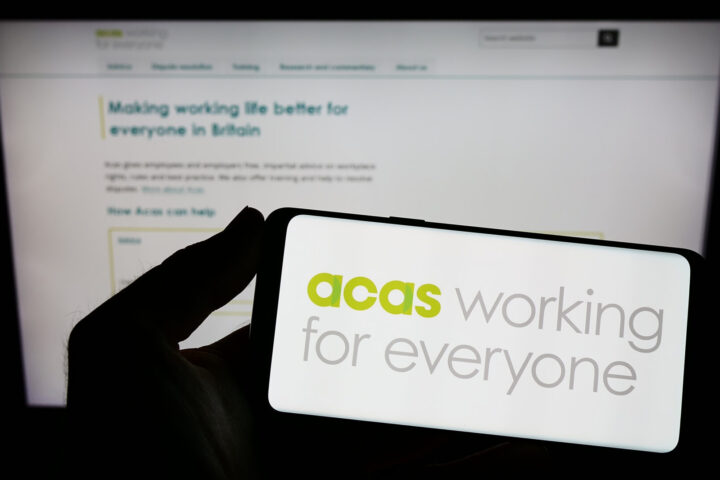The UK government has made significant progress towards enacting the Tipping Act, as it introduced a new Code of Practice on fair and transparent tipping, set to have legal implications under the Employment (Allocation of Tips) Act 2023. This Code will protect the tips of over 2 million workers in the hospitality, leisure, and service sectors, ensuring they receive a fair share of the gratuities left by customers.
Under the new statutory Code, workers will have the right to access their employer’s tipping policy, view their own tipping records, and use the Code as evidence in an employment tribunal if needed. This move is part of broader efforts to secure workers’ rights to their earned tips and service charges, with the government’s legislation explicitly making it unlawful for businesses to withhold service charges from employees.
The measures, expected to come into force on 1st October 2024, could result in UK workers taking home an additional £200 million annually. The formal government response to the public consultation has also been published, detailing the feedback received and outlining further steps.
Business and Trade Minister Kevin Hollinrake voiced his support for the legislation, stating, “It is not right for employers to withhold tips from their hard-working employees. Whether you are cutting hair or pulling a pint, this government’s legislation will protect the tips of workers and give consumers confidence that when they leave a tip, it goes to the hardworking members of staff.”
Ben Thomas, CEO of Tipjar, highlighted the broader impacts of the new Code, “Hospitality and service industries are part of the fabric of our culture and a cornerstone of our economy. We are honoured to have consulted with the Department of Business and Trade as they have developed this important Code of Practice clarifying employers’ responsibilities as they pass tips to their hard-working teams.”
The introduction of the Tipping Act and its associated Code of Practice is part of a series of recent legislative wins aimed at improving working conditions, which include a record National Minimum Wage uplift and enhanced employment protections for parents and unpaid carers.
















